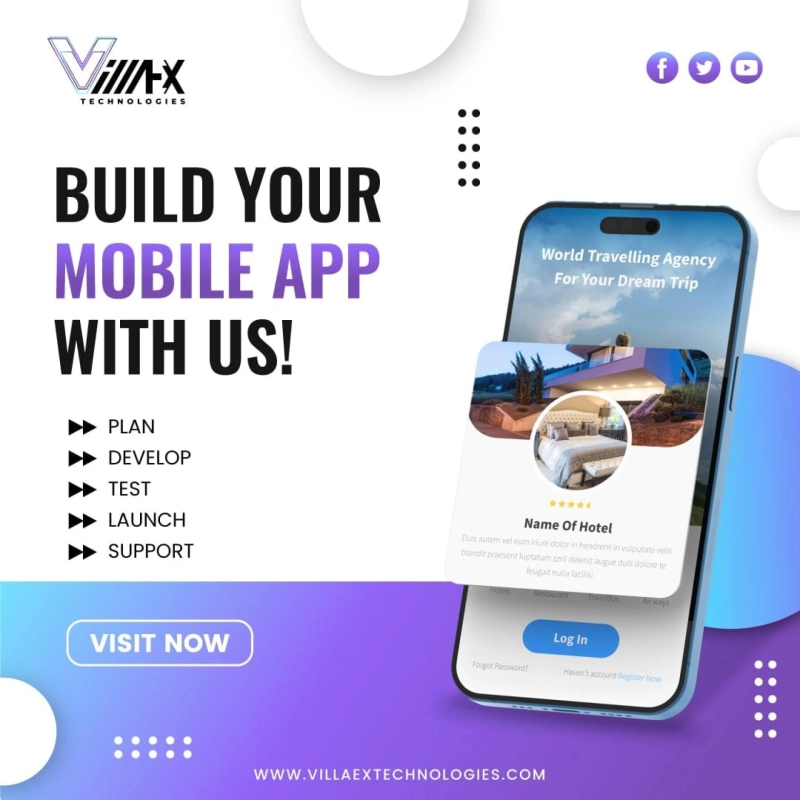Mobile applications have revolutionized communication, work, shopping, and entertainment in our fast-paced digital era. As technology continues to evolve at a dizzying pace, mobile applications have the potential to transform the way we engage with our environment.
Making Experiences Tailored to Personal Preferences
One of the most important trends in mobile app development is personalization, which will get bigger. Developers may collect and analyze massive volumes of user data to provide highly personalized experiences by utilizing technologies like AI and ML. The future of mobile apps is to tailor user experiences to their tastes through features like customized content recommendations and need prediction.
Connecting the Real and the Virtual
Incorporating augmented and virtual reality technologies into smartphone apps may drastically alter our perception and interaction with the physical world. Augmented and virtual reality (AR and VR) can create new user experiences, from interactive video games to virtual stores, by erasing the boundaries between the real and virtual worlds. New and exciting mobile apps that use augmented and virtual reality to provide immersive experiences will likely increase as these technologies advance.
The Internet of Things (IoT)
Connecting and controlling IoT devices is primarily accomplished through mobile applications, and the IoT is quickly revolutionizing our homes, businesses, and cities. Future mobile apps will integrate with IoT ecosystems to make users\' lives easier, faster, and more in control of their surroundings, whether a smart thermostat or a linked car. The Internet of Things (IoT) will remain accessible through smartphone apps for various uses, including energy consumption monitoring and home security system management.
Protecting User Information with New and Improved Security and Privacy Features
Ensuring the security and privacy of user data has never been more vital, given the growing reliance on mobile applications for services such as banking and healthcare. To keep sensitive data safe from cybercriminals, app developers will have to focus on using robust security features like end-to-end encryption and biometric authentication in the future. Furthermore, data privacy legislative frameworks like the General Data Protection Regulation (GDPR) and the California Consumer Privacy Act (CCPA) will keep shaping the future of mobile app development by requiring more openness and responsibility in collecting and using user data.
Effortlessly Linking Different Platforms
Mobile apps will have more cross-platform and cross-environment interaction in the future because people are using more and more devices daily. The objective is to give users a consistent and uninterrupted experience across all devices, whether synchronizing data or moving between mobile, desktop, and wearable apps. New opportunities for cross-platform cooperation and productivity will arise due to these interconnections, which will also improve user ease.
In summary
When we consider the future of mobile apps, it becomes abundantly evident that we are entering a revolutionary age defined by increased personalization, immersive technologies, and frictionless connectivity. Mobile app developers may revolutionize our daily interactions with technology by adopting upcoming trends like augmented reality, Internet of Things integration, and increased security measures. In the long run, people worldwide may look forward to a digital experience that is more connected, intuitive, and tailored to their specific needs, thanks to the advancements in mobile applications.



